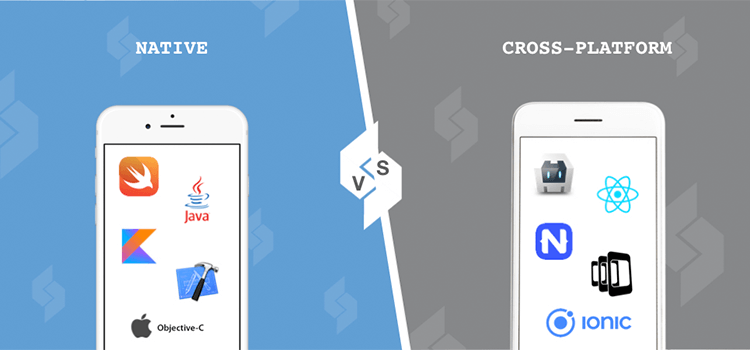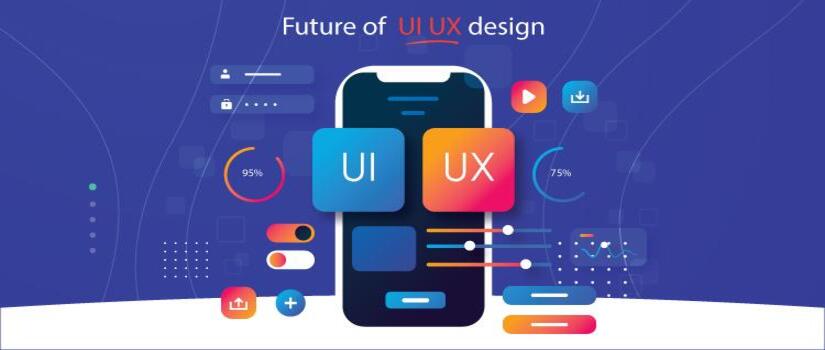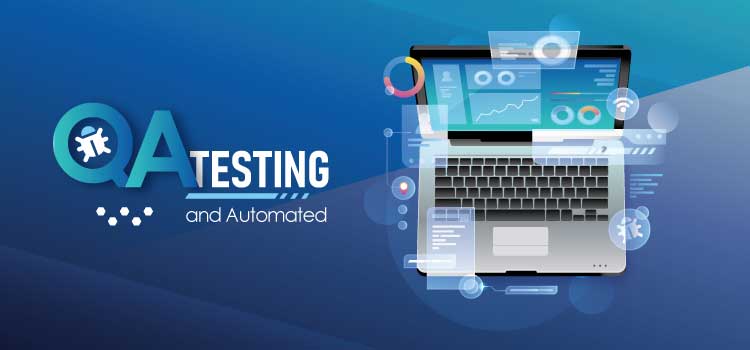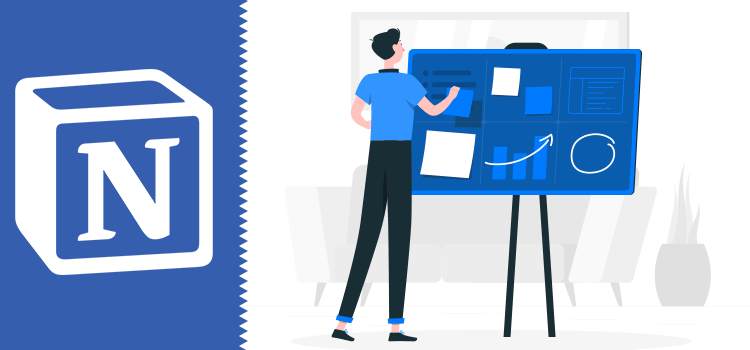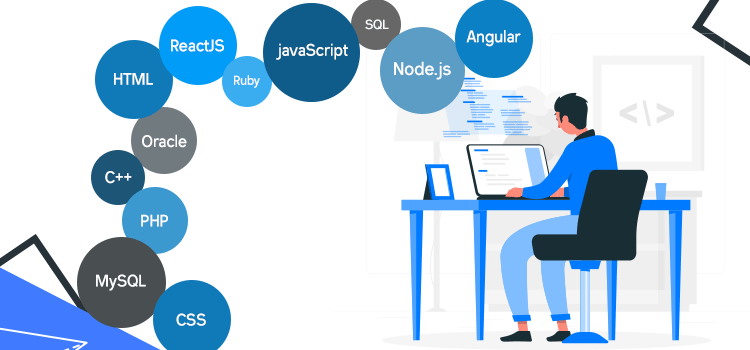The global Mobile App market is projected to be worth $190 billion in 2020. Apple iOS & Google Android captures bigger pie of the global market share. User base of both platforms is phenomenal.
Android Market share globally is 76.03%
iOS Market share globally is 22.04%
iOS Market share for US is 56%
Android Market share for US is 43.5%
These stats help you to decide about your future App based on target audience. You need to figure out where your App users are going to be and build your App’s presence on iOS & Android Platforms accordingly.
There can be potentially three scenarios.
- Targeting only Apple iOS users
- Targeting only Google Android users.
- Targeting both IOS & Android users.
There are two choices available to develop an App.
- Native App Development
- Cross Platform App Development
Each choice has its own merits and demerits.
Native App Development
Apps are built separately for each operating system. Native Mobile App Development involves building Apps for particular mobile operating systems, and users access them from dedicated App stores (such as the App Store or Google Play Store).
Android OS of Google, uses Java or Kotlin programing language for native app development. The Android Development Kit, along with Android SDK, is used in native App development for Android. Java is a very widespread programming language; millions of native Android App developers use it to write their code.
The main benefits of Java programming language in native Android App development are as follows:
User and designer-friendly
Object-oriented
Robust
Secure
iOS by Apple uses Objective-C or Swift as a programming language in native iOS App development. Apple native development comes with the following advantages:
Safety
Speed
Expressiveness
Advantages Of Native App Development:
- Seamless Performance
- Impressive UI/UX
- Smooth interaction with a device.
- More Secure & Reliable
- Ability to operate in offline mode.
- Easy implementation & integration of all available native features.
- Allow Developers to Access the Full Feature Set of Devices.
- Native App tend to have fewer bugs during the development.
Disadvantages of Native App Development
- As there is a need of development at every platform, this involves more staff as well as funding. It entails initial higher costs to build Native Apps.
- As each App is developed with a separate code and developers, the post implementation maintenance and support cost will grow in proportion for each platform individually. This phenomenon results in high maintenance costs.
- The potential bugs and errors come up due to different platforms. It gets complicated to control and fix them.
- The App content is not available via search engines. A user can access the content in the native App once it has been downloaded.
Cross-Platform App Development
It is primarily the development of mobile apps that can be used on multiple mobile platforms. Cross-Platform mobile apps which are created for an Apple iPhone will also operate on an Android smartphone. Therefore, a Cross Platform App is a combination of a native and a web App. It is characterized as a website at its center and a native App as its external cover.
The best tools for Cross-Platform App development are: NativeScript, PhoneGap, Apache Cordova, Ionic, React Native, etc. The Apps developed with these tools can then be distributed to Native App stores.
Advantages Of Cross-Platform App Development:
- Codes can be reused across different platforms. It eliminates the repetitive tasks and shrinks the development cycle.
- Single investment to get the App Developed that is used across different platforms.
- As the same team is used in Cross-Platform development, the overall post implementation support cost is significantly at the lower side.
- Easy development & implementation.
- It is easier to sync updates across all different devices.
- The overall look & feel of an App can be easily maintained across all platforms since the same set of codes are being utilized.
- Flexibility in adoption of UI/UX across different platforms.
Disadvantages of Cross-Platform App Development:
- Cross-Platform Apps can potentially have integration issues with their target operations systems.
- Code performance gets compromised and effects the speed.
- Cross-Platform Apps are not able to exercise the complete user experience as some of the features are native-only. This can cause a limited user experience.
- There can be potential issues at the time of launch. Compatibility issues can get triggered.
Conclusion:
It seems pretty obvious that Native Apps are superior in terms of their performance and user experience.
But at the same time Cross-Platform Apps have their own set of advantages. Some Cross-Platform frameworks do provide native-like performance. Others provide 100% code sharing between platforms.
The choice of Native or Cross-Platform App depends on your use case. If your App doesn't require a lot of native features and performance is not critical then you should choose Cross-Platform. While if you need tailored experience for each platform then you need native.
Please feel free to share your Mobile App idea with us. Questions or suggestions? we're here to help. Reach us for any inquiries.

